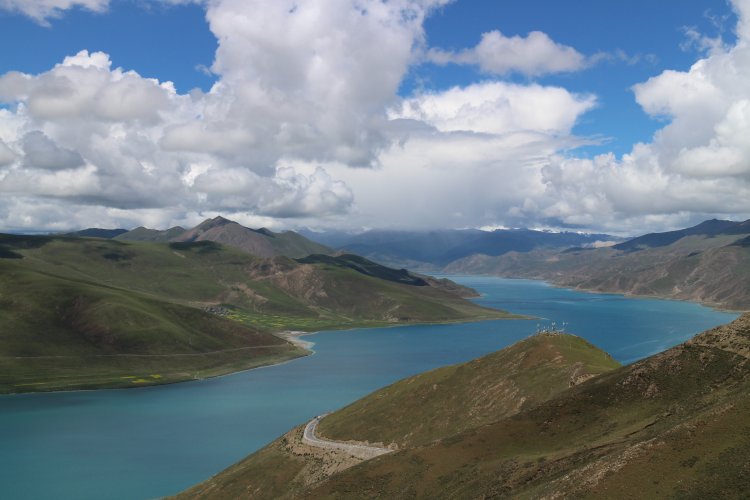Grazing Prohibition in Tibet Implemented Under the Name of Environmental Protection

Fleur Harmsen
Tibet and Human Rights Researcher,
Global Human Rights Defense.
The Chinese authorities issued an announcement on November 16, 2022 prohibiting herders in Sangchu County from grazing on hereditary Tibetan pastures, covering 1.55 million acres. The prohibition is implemented until December 31, 2025 (Dolma, 2022).
The ban was issued to follow Xi Jinping’s plan to “respect nature” and expand “green and low-can carbon development”. Fifteen townships are now prohibited from grazing on their ancestral lands (Dolma, 2022).
This prohibition comes after the implementation of numerous hard policies towards Tibetans under the pretext of environmental protection, such as widespread relocation plans for Tibetans living in rural areas.
Such prohibitions to graze do not respect international human rights law, especially the right to self determination, a jus cogens principle under international law. Tibetans have been grazing on these lands for centuries, making it part of their identity and social fabric. The cultural weight these practices bear reflect the social and cultural identity of the population grazing on these lands. Prohibiting them from accessing these lands severely infringes on their right to freely determine and pursue their social and cultural development.
In addition, for nomadic communities these restrictions also infringe on their right to an adequate standard of living, including housing and the continuous improvement of their living conditions, stipulated under Article 11 of the International Covenant on Social Economic and Cultural Rights.
This right is further extended in Article 27 of the Convention on the Rights of the Child, as it writes that all children have the right to an adequate standard of living allowing for their mental, spiritual, moral and social development. Any act, by the State, that disallows or disrupts such development is strictly prohibited under this article. This right to an adequate standard of living must be safeguarded in accordance with the right to self-determination, and the right to freely participate in the cultural life of the community that child belongs to, reflecting that community’s cultural heritage and identity.
In this regard, China’s prohibition to graze on these ancestral lands violates the ICESCR, UDHR, and the CRC.
Sources and further reading:
Dolma, Y.. (2022, November 22). China bans grazing in Tibet for three years in the name of environmental protection. Tibetan Post. Retrieved November 24, 2022, from https://www.thetibetpost.com/en/news/132-tibet/7463-china-bans-grazing-in-tibet-for-three-years-in-the-name-of-environmental-protection

































